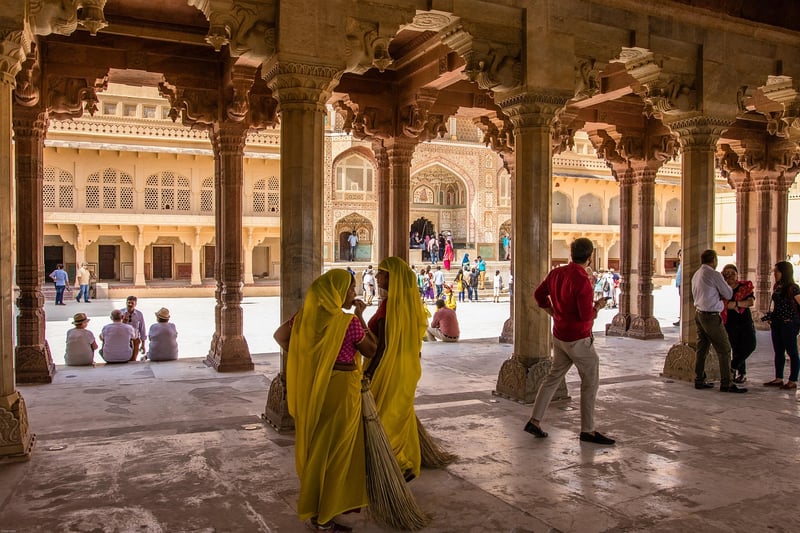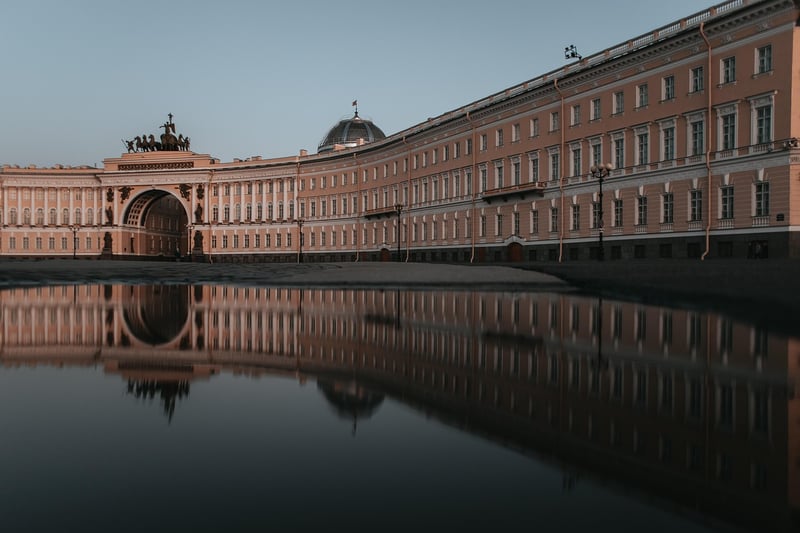Altering History
The Ethical Dilemma of Altering History: Moral Considerations

History is a tapestry of events, decisions, and consequences that have shaped the world we live in today. But what if we could alter certain events in history? The idea of changing the past raises profound moral questions and ethical dilemmas that warrant careful consideration.
The Power of Altering History
Imagine a world where key historical figures made different choices, where significant battles had alternative outcomes, or where pivotal inventions were never created. The implications of altering history are vast and far-reaching, potentially changing the course of civilization as we know it.
Ethical Considerations
While the notion of correcting past mistakes or preventing atrocities may seem noble, the ethical considerations of altering history are complex. Who decides which events to change? What are the unintended consequences of meddling with the past? Is it ethical to erase parts of history, even the darkest chapters, that have shaped our collective identity?
Preserving Truth and Learning
History serves as a record of human achievements and failures, a mirror that reflects our progress and shortcomings. By altering historical events, we risk distorting the truth and depriving future generations of valuable lessons learned from the past. It is through understanding the mistakes of history that we can strive to create a better future.
Conclusion
While the idea of altering history may hold a certain allure, it is essential to tread carefully and consider the moral implications of such actions. History, with all its complexities and imperfections, is a testament to the resilience and ingenuity of humanity. By preserving the integrity of historical truths, we honor the sacrifices and triumphs of those who came before us.
